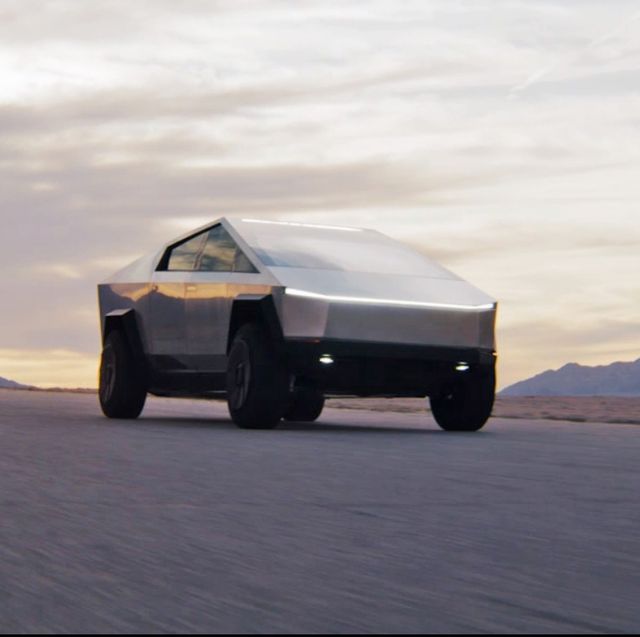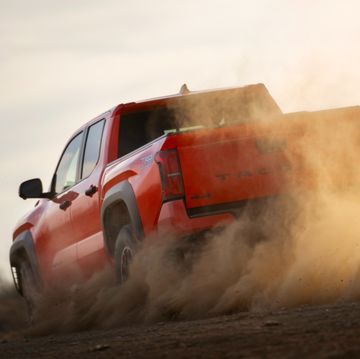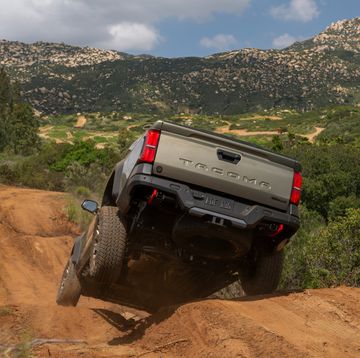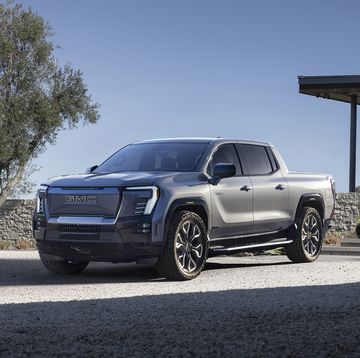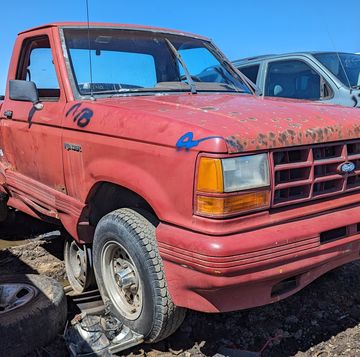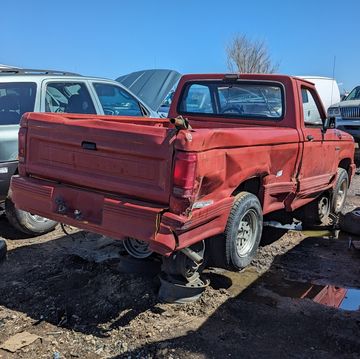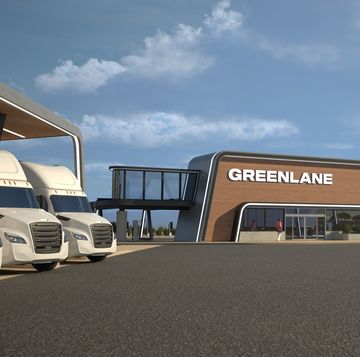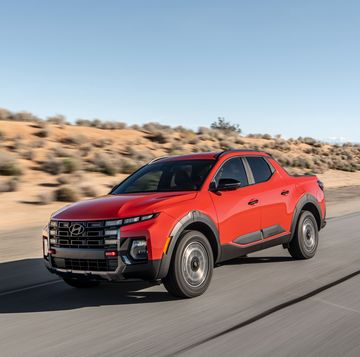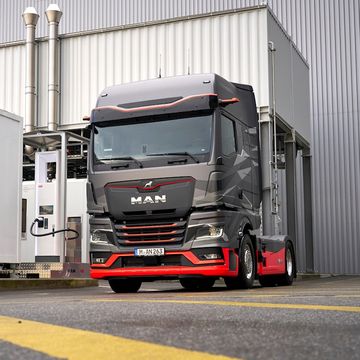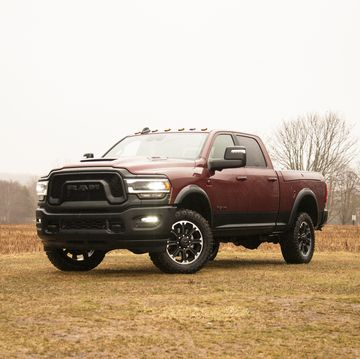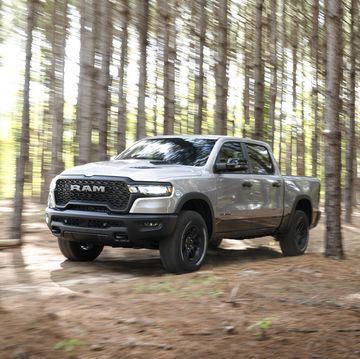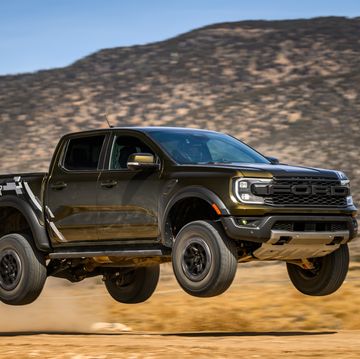- During Tesla's AI Day, the automaker revealed plans for a new hardware version for its FSD system, due in about a year.
- CEO Elon Musk indicated that the new hardware version could debut with the Cybertruck in about a year, which could push back its debut to late 2022.
- Tesla's semi-autonomous driving tech has attracted the attention of NHTSA last week, which launched a probe into their crashes into first responder vehicles.
Even though most of the attention on Tesla's AI Day last week seemed centered on promises of a humanoid robot, the more tangible developments actually concerned the automaker's evolution of what it calls Full Self-Driving, which happened to draw lawmaker calls for an FTC investigation into its marketing, and the launch of an NHTSA probe into Autopilot crashes into first responder vehicles earlier in the same week.
Tesla CEO Elon Musk indicated during AI Day that the automaker is working on yet another hardware upgrade to the system, referred to as FSD Computer 2, or Hardware 4. This version would succeed Hardware 3, which is what is currently being included in new Tesla models, and what is expected to debut in the Cybertruck that has been delayed until 2022, according to Musk.
"Obviously, there will be a Hardware 4 or Self Driving Computer 2, which we will probably introduce with the Cybertruck, maybe in about a year or so," Musk said during AI Day.
The CEO also promised a greater safety level than that of a human in this upcoming hardware update, estimating it to be four times more capable than the current version of the hardware.
Of course, one of the major issues with this development is that Tesla indicated five years ago that the original, 2016 version of the hardware would be adequate for what it calls Full Self-Driving, and said that over-the-air updates would introduce new and improved features to the system. Earlier this year Tesla already back-tracked on that goal, requiring owners of its vehicles made prior to 2019 to invest in a $1500 hardware update to be able to subscribe to FSD via a monthly subscription. News of the required hardware update was not well-received by some Tesla owners.
"Hardware upgrades to the Full Self-Driving computer are not included with Full Self-Driving capability subscriptions," the automaker said on its website in announcing the required hardware upgrade. "To be eligible for FSD capability subscriptions, the FSD computer must be installed in your vehicle. To install the FSD computer, schedule an installation appointment from the Tesla app."
Certainly, the evolution of computer chips during a model's lifecycle is nothing new per se, with many automakers introducing changes to vehicles during their product cycles. However, in Tesla's case the automaker made the case years ago that including all the hardware needed from the start for evolving semi-autonomous driving functions would cover features that could come online later.
The debut of yet another FSD computer, which will be Tesla's proprietary chip, also raises the question of whether older Tesla cars will be stuck at a lower level of FSD functionality until they receive another hardware upgrade, perhaps at owner cost, after having paid $10,000 for it.
On this point Musk suggested that FSD Computer 1 (Hardware 3) would be adequate for FSD to function as intended, though perhaps not at the same level as the latest hardware version.
A related issue is the timing of the launch of the Cybertruck given the one-year timeline cited by Musk. Namely, this likely means that the Cybertruck is about 12 months away, and that production won't begin until this version of the software is ready.
The Cybertruck was confirmed to be delayed until 2022 just days ago, in a rather indirect manner on the Tesla ordering page, and until that time had been expected to enter production in late 2021. Plans for Hardware 4 could push its debut into the second half of 2022, if the required systems will take as much time as Musk indicated.
This also means the Cybertruck would debut after several other battery-electric pickup trucks, including the Rivian R1T, GMC Hummer, and Ford F-150 Lightning.
Alternatively, it is possible that Cybertruck production could start before the latest chip is ready, and ship with Hardware 3. The Cybertruck is scheduled to be produced at Tesla's Austin plant, which is still under construction.

Jay Ramey grew up around very strange European cars, and instead of seeking out something reliable and comfortable for his own personal use he has been drawn to the more adventurous side of the dependability spectrum. Despite being followed around by French cars for the past decade, he has somehow been able to avoid Citroën ownership, judging them too commonplace, and is currently looking at cars from the former Czechoslovakia. Jay has been with Autoweek since 2013.
